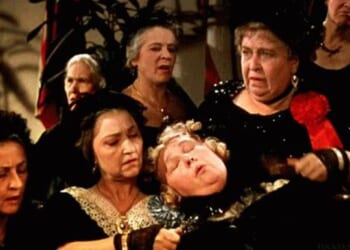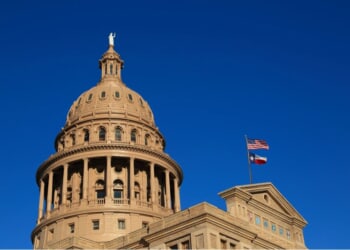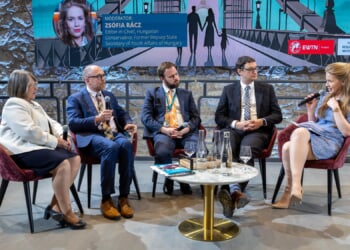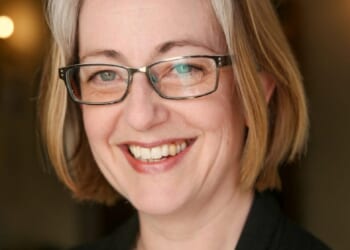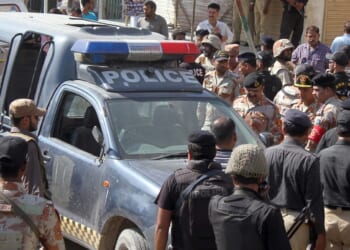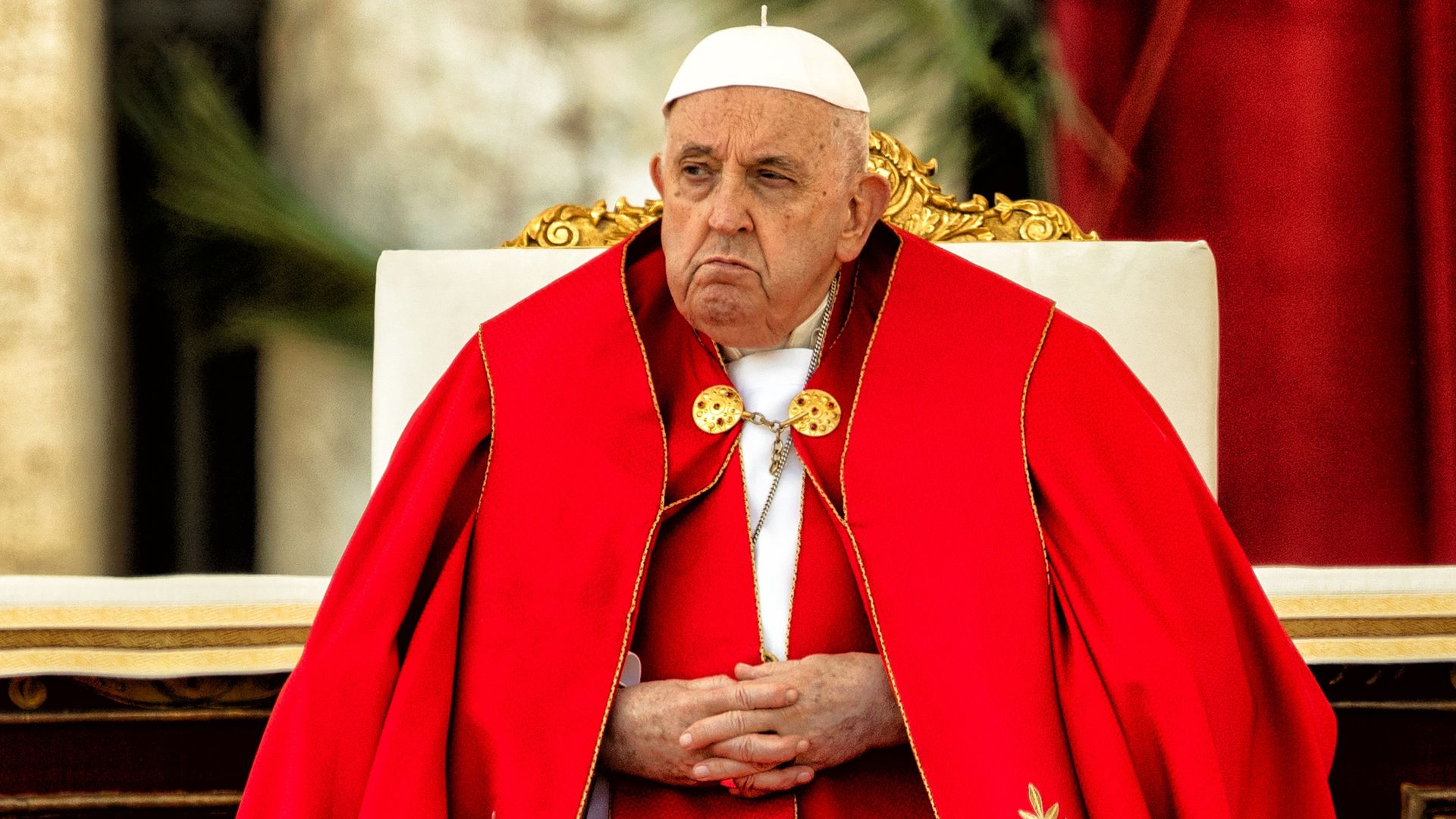
Pope Francis, the first Jesuit and South American to lead the Catholic Church, has died at the age of 88, one day after Easter Sunday.
Cardinal Kevin Farrell, the Vatican camerlengo, formally announced the pontiff’s passing on Monday morning following a prolonged fight with double pneumonia.
Pope Francis died on Easter Monday, April 21, 2025, at the age of 88 at his residence in the Vatican’s Casa Santa Marta. pic.twitter.com/jUIkbplVi2
— Vatican News (@VaticanNews) April 21, 2025
Trump’s Sovereign Wealth Fund: What Could It Mean For Your Money?
“Dearest brothers and sisters, with deep sorrow I must announce the death of our Holy Father Francis,” said Farrell.
“At 7:35 this morning, the Bishop of Rome, Francis, returned to the home of the Father. His entire life was dedicated to the service of the Lord and of his Church.”
Farrell continued, “He taught us to live the values of the Gospel with faithfulness, courage, and universal love, especially for the poorest and most marginalized.”
This Could Be the Most Important Video Gun Owners Watch All Year
Francis’ death came just a day after he delegated Easter Mass duties to Cardinal Angelo Comastri. After the service, he briefly appeared in St. Peter’s Square aboard the popemobile, his first public ride since falling seriously ill earlier this year. Over 35,000 attendees chanted, “Viva il Papa.”
Vice President J.D. Vance had visited Pope Francis the day before at his Vatican residence, Casa Santa Marta.
Pope Francis met briefly with U.S. Vice President @JDVance on Easter Sunday. The private audience lasted a few minutes. They exchanged Easter greetings, and the pope gave Vance a Vatican tie, rosaries and a set of three large chocolate Easter eggs for his kids. pic.twitter.com/v48BsukaDQ
— EWTN News (@EWTNews) April 20, 2025
Pope Francis, born Jorge Mario Bergoglio in Buenos Aires, Argentina, on December 17, 1936, was the eldest of five siblings.
His father, Mario Bergoglio, was an Italian immigrant who fled Mussolini’s fascist regime, and his mother, Regina Maria Sivori, came from a Catholic family of Italian descent in Argentina.
Before joining the priesthood, Bergoglio worked a series of jobs, including as a janitor, bouncer, and chemist.
He was ordained a Catholic priest in 1969 and served as Jesuit provincial superior in Argentina from 1973 to 1979. In 1998, he became Archbishop of Buenos Aires and was elevated to cardinal by Pope John Paul II in 2001.
At the 2005 conclave following the death of Pope John Paul II, Bergoglio reportedly received the second-most votes behind Cardinal Joseph Ratzinger, who became Pope Benedict XVI.
Following Benedict XVI’s resignation in 2013 — the first papal resignation in nearly 600 years — Bergoglio was elected pope on February 28, 2013. He took the name Francis in honor of St. Francis of Assisi.
Pope Francis became known for his emphasis on humility, compassion for the poor, and outreach to marginalized communities.
His papacy included moves that drew both praise and controversy, such as appointing women to high-ranking Vatican roles and encouraging a more inclusive stance toward gay and divorced Catholics, though he stopped short of endorsing same-sex marriage.
He also expressed opposition to the death penalty and criticized certain aspects of capitalism.
“There was the promise that once the glass had become full it would overflow and the poor would benefit. But what happens is that when it’s full to the brim, the glass magically grows, and thus nothing ever comes out for the poor,” he told La Stampa in 2013.
Francis took part in global diplomacy efforts, including a key role in restoring U.S.–Cuba relations and negotiating with China on appointing bishops.
He spoke out in favor of migrants and refugees, citing his own family’s immigration story, and once criticized President Trump’s enforcement of U.S. immigration laws as a “disgrace.”
In 2024, he became the first pope to address a G7 summit, where he spoke on the ethical implications of artificial intelligence.
The pontiff’s final year was marked by worsening health. He was hospitalized on February 14, 2025, with bilateral pneumonia.
He required high levels of supplemental oxygen and, according to the Vatican, underwent at least one emergency blood transfusion.
He remained hospitalized for 38 days at Rome’s Gemelli Hospital before returning to the Vatican to convalesce.
Francis had faced recurring health issues throughout his papacy.
At 21, part of his lung was removed due to pneumonia.
He was treated for bronchitis in 2023 and underwent hernia surgery later that year. His declining mobility led to the use of a wheelchair beginning in 2022.
In his final days, he was hospitalized again for complications from a lung infection that developed into double pneumonia.
Under Church rules, the selection of a new pope—known as the papal conclave—will begin between 15 and 20 days after the pope’s death. Cardinals from around the world will gather in Rome to elect the next Bishop of Rome.
Pope Francis leaves behind a complex and enduring legacy marked by his advocacy for the poor and efforts to reshape the Church’s global image.
Connect with Vetted Off-Duty Cops to Instantly Fulfill Your Security Needs

![Pope Francis Dead at 88—Vatican Confirms Day-After-Easter Passing [WATCH]](https://www.right2024.com/wp-content/uploads/2025/04/Pope-Francis-Dead-at-88—Vatican-Confirms-Day-After-Easter-Passing-WATCH-750x375.jpg)
![NYC Tourist Helicopter Falls into Hudson River, Siemens Executive and Family Among Those Killed [WATCH]](https://www.right2024.com/wp-content/uploads/2025/04/NYC-Tourist-Helicopter-Falls-into-Hudson-River-Siemens-Executive-and-350x250.jpg)






![Red Sox Fan Makes the ‘Catch of the Day’ with Unconventional ‘Glove’ [WATCH]](https://www.right2024.com/wp-content/uploads/2025/04/Red-Sox-Fan-Makes-the-‘Catch-of-the-Day-with-350x250.jpg)
![Green Day’s Cringe Trump Diss Ends in Fire and Evacuation [WATCH]](https://www.right2024.com/wp-content/uploads/2025/04/Green-Days-Cringe-Trump-Diss-Ends-in-Fire-and-Evacuation-350x250.jpg)
